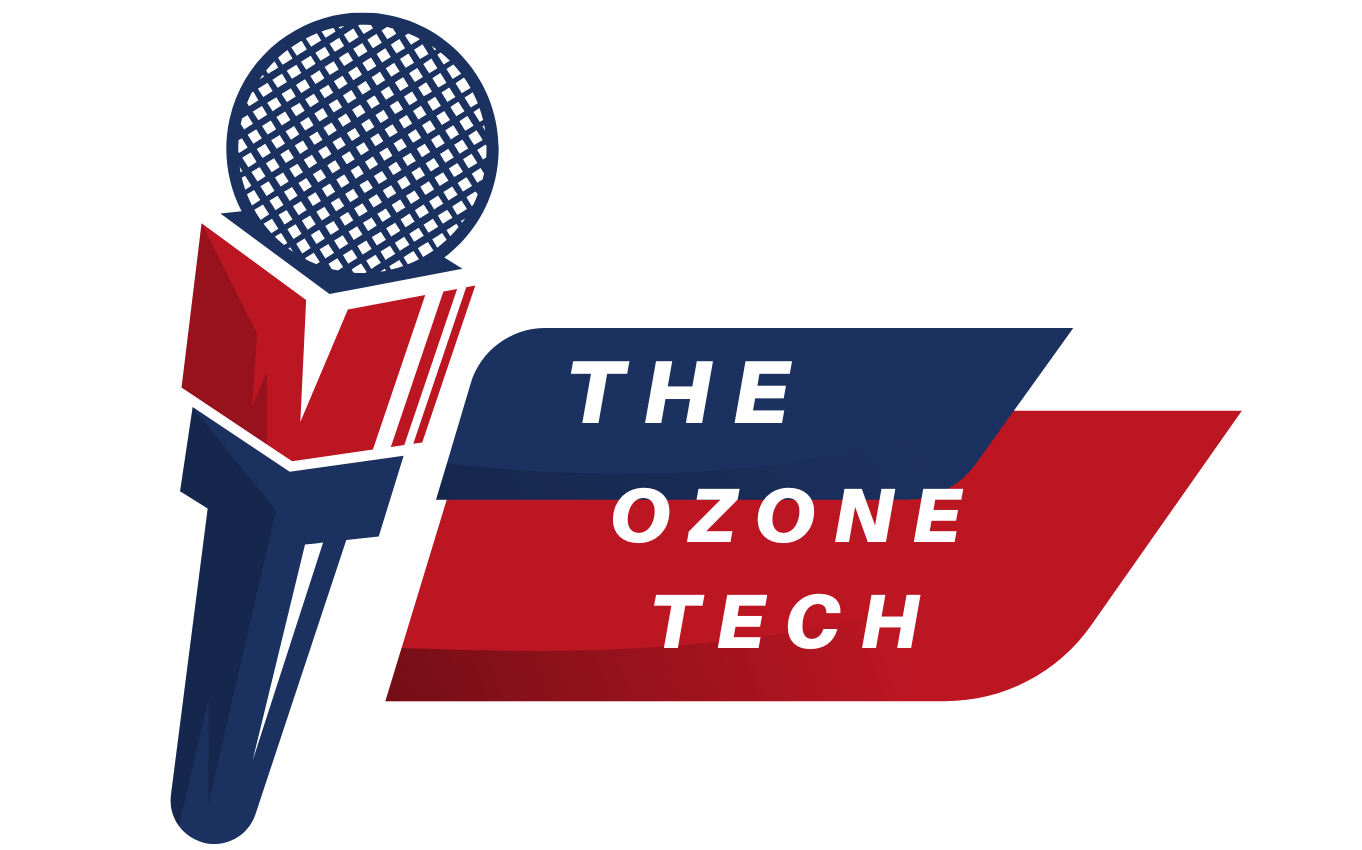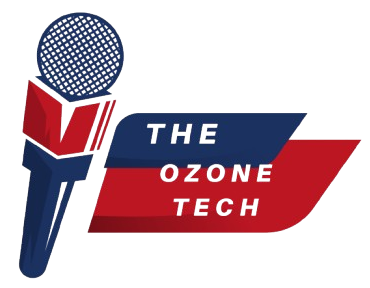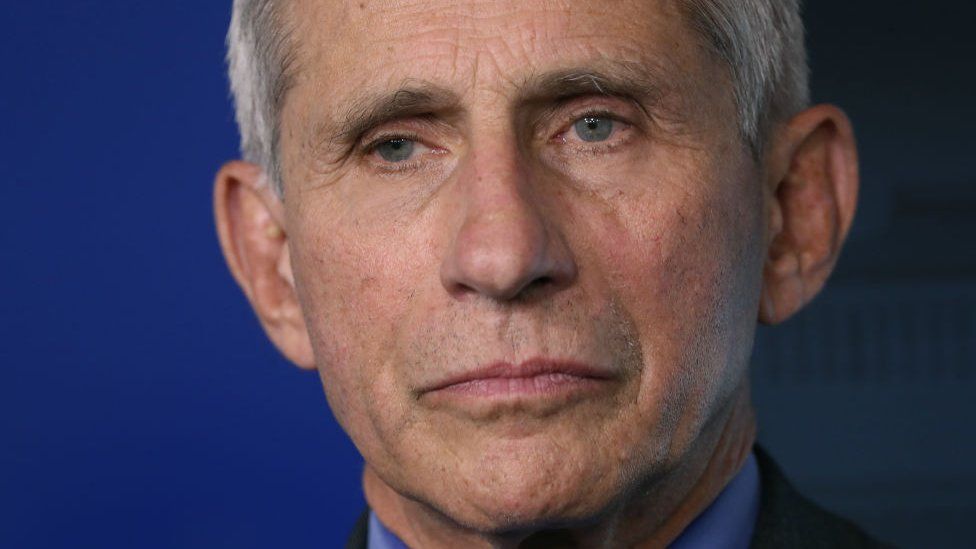Dr. Anthony Fauci, who was instrumental in guiding people through the COVID-19 and AIDS pandemics of our time, has announced he is leaving the federal government.
He will step down as head of the National Institute of Allergy and Infectious Diseases (NIAID), chief of the NIAID Laboratory of Immunoregulation, and principal medical advisor to Vice President Biden in December, positions he has held for 38 years.
For many years, the straightforward scientist and doctor served as the government’s leading infectious disease specialist and was one of the few scientists that most Americans knew by name.
Fauci, 81, worked as an advisor to seven presidents of the United States and assisted in guiding the nation through many health crises. As the NIAID’s young director in the early 1980s, he played a crucial role in halting the AIDS pandemic. He also assumed a prominent role in a contentious political reaction to the country’s COVID-19 outbreak, and for his tell-it-like-it-is stance, he received acclaim and criticism alike.
In a statement released on Monday, Biden praised him as a “dedicated public servant.” The president stated that Dr. Fauci’s numerous contributions to public health have saved lives both in the United States and abroad.
Fauci’s advice was valued by Department of Health and Human Services Secretary Xavier Becerra, who assumed charge of the organisation a year into the COVID epidemic. Becerra lauded Fauci for “his ability to break down difficult science in simple terms to the American people to save lives.”
As the AIDS crisis worsened, Fauci led by example, organising a scientific and governmental response that prevented millions of deaths. The way patients and activists dealt with medical science for many diseases was changed by his strategy for including AIDS activists.
According to Science magazine journalist Jon Cohen, who authored a book about Tony Fauci’s enthusiastic but ultimately fruitless attempt to produce an AIDS vaccine, “Tony Fauci is extremely intriguing character in the history of the AIDS epidemic.” He “becomes the voice of science, he can translate science into English better than anyone, and he can speak to every president, every congressperson, every global leader, and he can speak to patients,” Cohen said in an interview.
These skills were developed in the early stages of the AIDS epidemic, when the Reagan administration tried to minimise or ignore the deadly illness that disproportionately affected gay men, injecting drug users, and haemophiliacs who passed away because their medication was made from tainted blood products.
Engaging the activists and patients who were calling for a swift federal reaction as well as answers was part of Fauci’s agenda.
One of the founding members of the well-known AIDS activist organisation Act Up New York, Peter Staley, stated of the influential individual, “He was one of the few [important persons in Washington] that opened his doors early to listen and to hear us out.” And he was one of the few that didn’t fear us and believed we had something to contribute.
Staley remembers Fauci hosting monthly dinners at the house of a gay man who worked in his workplace. We discussed these topics at such dinners, which “would go for several hours over many bottles of wine, and it would occasionally become extremely hot,” according to Staley. They didn’t always agree, “but I really started to admire the man during that time.”
As scientists and government officials devised strategies to create medications and test vaccinations in order to manage the AIDS pandemic, the AIDS activists campaigned for inclusion in the research and a seat at the table.
Many other illness advocates copied the cooperative strategy used by breast cancer campaigners.
Fauci also played a key role in the George W. Bush administration’s initiative to increase access to AIDS medications on a worldwide scale. Millions of lives have been spared thanks to the multibillion-dollar PEPFAR initiative, also known as the President’s Emergency Plan for AIDS Relief.
In both Democratic and Republican governments, Fauci’s talent for communication put him in the middle of several public health crises. These included viral epidemics such as the yearly flu and West Nile and Zika diseases. During the 2014 Ebola crisis, when the American public was uneasy, Fauci went in front of the cameras and hugged a nurse who had received treatment for the disease at the NIH, Nina Pham.
“I want to tell you what a real joy, and in many respects an honour it has been for me and the staff here… to have had the chance to treat and care for and come to know such an extremely courageous and charming person,” he remarked in his unmistakable Brooklyn accent.
Beginning with Ronald Reagan’s presidency, his political savvy served him well during seven presidential administrations. No other notable government scientist has kept a position of authority for as long as Fauci did in contemporary times.
Even George H.W. Bush acknowledged Fauci at a 1988 vice presidential debate. Bush listed Fauci on his list of heroes after being urged to do so by the voters. Bush said that it’s likely you haven’t heard of him. “He is an excellent researcher and a leading physician at the National Institutes of Health. working arduously and taking action to advance AIDS research.”
Political and diplomatic ties in the early COVID years
During the Trump administration, Fauci faced his greatest political obstacle. As a member of the Coronavirus Task Force at the beginning of the COVID-19 epidemic, Trump routinely invited Fauci to the White House for meetings and news appearances. However, when the illness became out of control, the president grew weary of Fauci’s cautions. When Trump inquired as to whether COVID-19 might be treated by administering injections of bleach or by exposing patients to UV light, Fauci sought diplomatic methods to address the president’s frequently incorrect claims about the coronavirus.
A few days before the 2020 election, the relationship came to a low point when supporters of Trump began chanting “Fire Fauci! Fire Fauci!” at a rally in Opa-Locka, Florida.
Trump responded: “Please wait until after the election, but don’t tell anyone. I value your suggestions. He’s made a lot of mistakes, “Trump went on. Although he is a lovely man, he frequently makes mistakes.
Fauci was not fired by Trump despite his mistakes in the early stages of the epidemic.
At first, researchers were unsure of how the virus propagated or how to manage it. Fauci originally underestimated the speed at which the virus propagated from those who were asymptomatic. As scientists learned more, he swiftly revised his opinion. He first had his doubts regarding the utility of masks, like many other scientists do.
But he never wavered in his conviction that individuals must quit congregating in big groups, wash their hands, stay home if they are sick, and take other measures to assume personal responsibility in order to prevent the virus from spreading. His stances drew the wrath of some Americans who believed that public health recommendations violated their right to personal freedom. Furthermore, it was incongruent with Trump’s debunked assertion that the epidemic was being exaggerated.
People who were devoted to combating COVID-19 scientifically had developed a strong admiration for Fauci. T-shirts, coffee mugs, yard signs, and Tony Fauci bobbleheads all featured his visage.
Even though he would turn 80 in five months, he was asked to throw out the ceremonial first pitch at the beginning of the Washington Nationals’ 2020 home opener. To sum it up, the president mentioned this fact among his criticisms of Fauci’s performance. It was outside the strike zone. (Two years later, he made amends by throwing a crisper pitch this month at a Seattle Mariners vs. New York Yankees game.)
Fauci took over as the president’s top medical advisor after Biden’s victory. Fauci said that it was a relief to serve for a president who took the science seriously at the administration’s first press conference.
He remarked, “I can assure you that I take absolutely no joy in finding myself in a position where I am opposing the president. “As a result, you felt strongly that you couldn’t speak up since there wouldn’t be any consequences. the notion that all you have to do to address this audience is to speak about what you know and the state of science. Let the science be the judge. It almost has a freeing quality.”
Because of his talent for speaking, Fauci became well-known and a media sensation.
But because of his reputation, he was also the focus of scepticism about the COVID reaction from the federal government and even received death threats. Sen. Rand Paul, R-Ky., was the target of death threats against Fauci and his family, the doctor claimed in January at a Senate hearing on COVID.
Paul and other congressional Republicans have suggested looking into Fauci if they take back the House or Senate after the fall elections.
The very soul of a scientist
Fauci maintained control of one of the NIH’s key institutions despite the COVID outbreak and the public attention he faced.
According to Dr. Georges Benjamin, the former president of the American Public Health Association, “He in his very spirit was a laboratorian, was a bench scientist.” “Here was a man who cherished doing that type of work. He was adept at handling the administration and bureaucracy, but it wasn’t really why he got out of bed each morning.”
Indeed, under Fauci’s leadership, researchers at his institute actively explored a COVID-19 vaccine. And in a startlingly little period of less than a year, they created one in collaboration with the pharmaceutical business Moderna. Over 90% effectiveness was achieved, which was far more successful than Fauci had dared dream.
Benjamin remembers that “he was dizzy with laughter.” I can recall seeing him on television with the pride of a new parent who had something truly priceless and realising how important that immunisation would be.
Fauci stated in a statement that heading up the NIAID has been “the privilege of a lifetime.” He declared that after leaving his present official roles, he will keep working.
“I aim to explore the next chapter of my career while I still have so much energy and love for my area, after more than 50 years of government service,” he stated.








